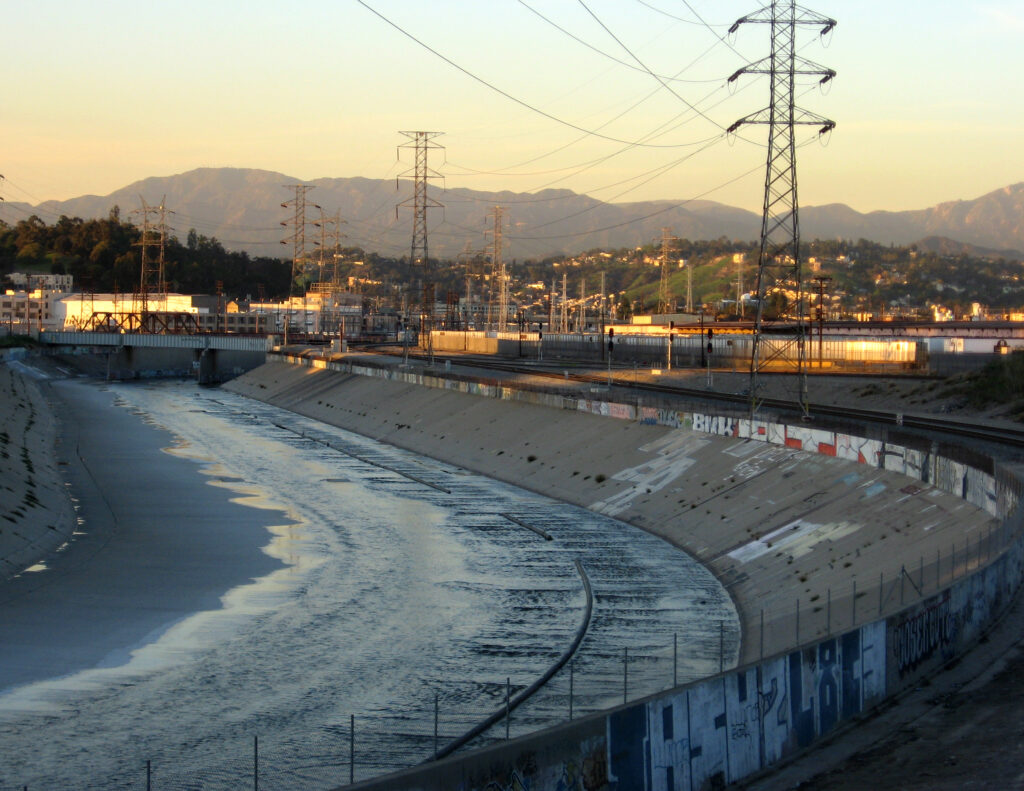
Evaluating Equity Under Measure W – Los Angeles County’s Safe Clean Water Program
In 2018, Los Angeles County passed Measure W to raise funds to reduce the pollution and flooding caused by stormwater runoff through the development of stormwater capture, treatment, and reuse…
In 2018, Los Angeles County passed Measure W to raise funds to reduce the pollution and flooding caused by stormwater runoff through the development of stormwater capture, treatment, and reuse projects. Also known as green infrastructure, these kinds of projects can mitigate n
egative impacts associated with rain and stormwater and contribute to community health and well-being. The resulting self-sufficiency will bring green space and a cleaner environment to our neighborhoods. Our project goal is to assess the implementation of Measure W, a small tax on paved property that raises as much as $300 million annually. Measure W has the potential to provide stormwater benefits equitably across Los Angeles, many of the communities that need the benefits these funds can provide most are not seeing improvement.
To combat this issue, our team will address the allocation of Measure W funds and the equitable distribution of its projects across the county. We hope to address a systemic issue in Los Angeles: low-income communities and communities of color are disproportionately, egregiously, affected by flooding and pollution caused by stormwater runoff due to a lack of infrastructures such as park space and rain gardens. Our team will provide an analysis of the legitimacy, transparency, and accountability of Measure W’s current implementation by analyzing the funding, technical approach, and intended purpose of selected projects. In addition, we will investigate the effectiveness and feasibility of projects executed under Measure W; this will allow us to generate information that will better inform Los Angeles County residents and elected officials on the equitability of implementation to date.
Student Team: Alexander Alonso, Jonathon Gorski, Britney Hydar, Christian Krieger, Mahliya Purificacion, Sable Summerfield, and Grace Young
Client: ActiveSGV
Faculty Advisor: Dr. Stephanie Pincetl
